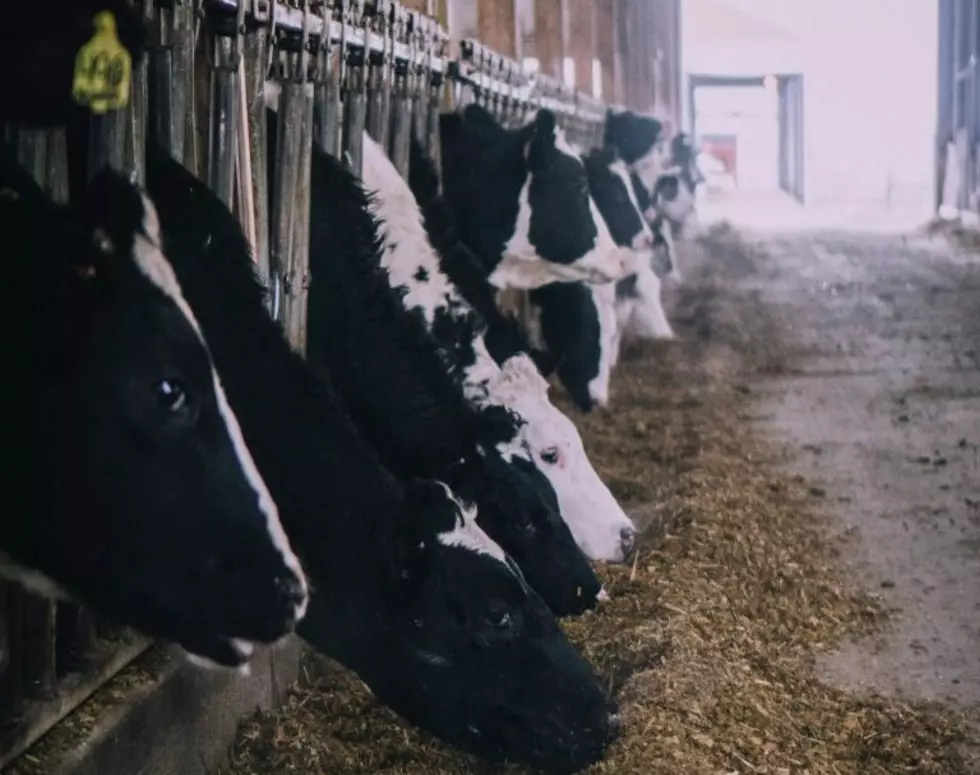
Second Year of Potato Virus Y Research Starts At OSU
Oregon State University has started its second year of on a couple of important research projects focused on Potato Virus Y. Associate Professor Aymeric Goyer said the first project began looking at four different genes that researchers hypothesized could help to determine a plant's susceptibility to PVY.
"So these experiments were done in a greenhouse where we modulated the production of those genes to see the effect that it had on resistance to PVY. So far we've found actually that some of these genes trigger more susceptible phenotypes."
Goyer said more experiments will be needed to fully understand what's going on with the susceptibility gene. A reduction in the gene could be another way to increase a potato plant's resistance to PVY. A separate gene was identified as being able to restrict the amount of virus traveling through the plant, but it so far cannot totally control the spread of PVY.
Goyer pointed out a major problem with Potato Virus Y is that an infected plant can be difficult to identify, leading to the second research project.
"The second project we've been working on is the potential of applying a peptide to potatoes to trigger symptoms in asymptomatic plants."
In the study, plants are infected mechanically, and the peptide is applied about 30 days after inoculation. The treated plants then get put on different application schedules and concentrations. Goyer added that they just finished the final peptide application within the past month, meaning the results of the study are not yet available. In the year ahead, he noted sample plants will leave the greenhouse and move to a screenhouse to create a more field-like environment.
If you have a story idea for the PNW Ag Network, call (509) 547-1618, or e-mail gvaagen@cherrycreekmedia.com
More From PNW Ag Network









